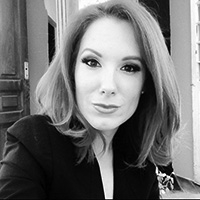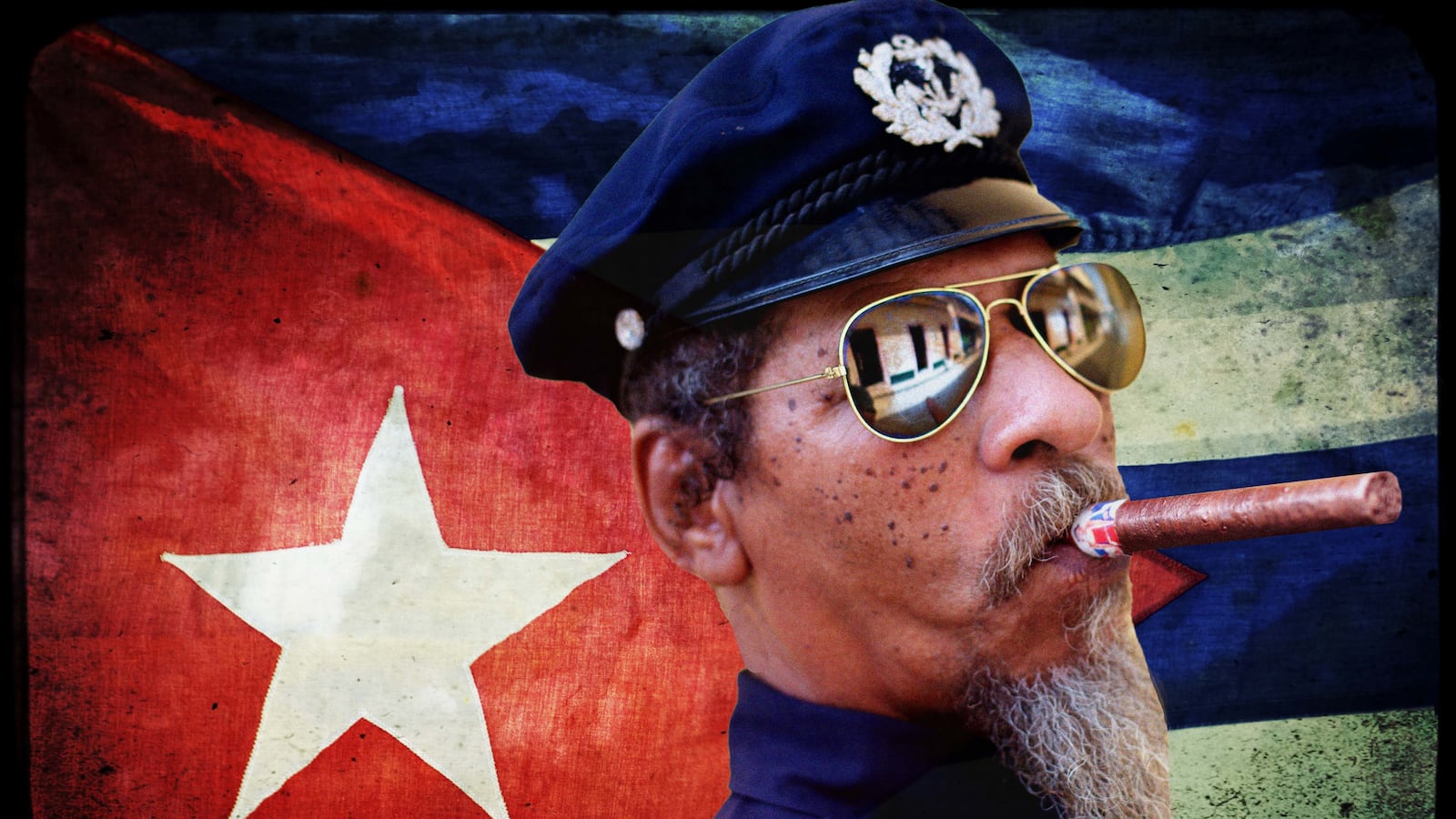MIAMI — Fidel Castro seized power in January 1959 after waging a guerilla war against then-dictator Fulgencio Batista. The charismatic bearded revolucionario dressed in a dark olive uniform promised to restore order and hold elections. People on the streets of Havana cheered and celebrated the return of fighters from the Sierra Maestra. Batista had fled and Castro was their hero.
But the dream of a new dawn was short lived—at least a democratic one. Soon enough, Castro turned his back on those ideals, embracing Soviet style communism. Cuban exiles fled. Others were ousted. In 1961, the United States broke off relations with the island 90 miles off Florida’s shores.
For years, Americans and Cuban exiles alike speculated that the normalization of relations between the two countries would spark a new kind of revolution. Cubans would flood the streets once again ousting the Castro brothers who have now been in power for 55 years.
That is now considered unlikely. Instead, Cuba probably will undertake a process of economic reforms that integrates its economy more with the United States and the global system. But other states, especially Russia, have had trouble adjusting to a market economy, degenerating into massive kleptocracies. Cuba, already corrupt, will have to avoid becoming even more so when American investment pours in.
Experts agree that much will depend on the measures undertaken both by the United States and Cuba. As it stands, the deal will ease the travel ban and trade embargo, and make it easier for Americans to do business in Cuba. But only Congress has the ability to completely lift the trade embargo, which has been in place since 1962.
In the past, Fidel Castro and his brother Raul were considered permanent enemies of Washington. In return, Cuban rhetoric wholeheartedly blamed the United States for crippling their economy. Politically in the last five decades, every problem Cuba faced was part of larger struggle against northern imperialists.
But in a transition process heavily based on economic reforms, the real challenge facing Cubans is not removing the Castro’s communist regime, but tackling corruption.
“The black market is a form of corruption. Most people in Cuba find jobs not because of a salary but because other perks they may have at that job,” explains Ted Henken, Chair of Sociology and Anthropology at Baruch College. “Another part which is more pernicious is corruption by well-placed people on top of the food chain,” he says, referring to former military cadres that control sectors of Cuba’s economy.
According to Transparency International, an organization that monitors corporate and political corruption worldwide, Cuba scored 46 just close of the halfway mark where 0 is most corrupt and 100 is transparent. China and Russia, countries that ushered in similar economic transitions, scored 36 and 27 accordingly.
Cuba has attempted to crusade against cronyism and spearheaded drives against corruption in the past, but there are still many incentives.
In 2011, a Canadian executive of The Tokmakijan Group along with 14 Cubans, including two high-ranking officials, was arrested in Cuba, after President Raul Castro launched a major crackdown on corruption. Over $100 million in assets of the Ontario-based company were seized, and in September this year, he was sentenced to 15 years for bribery in Havana.
For Arturo Lopez-Levy, adjunct faculty at the NYU School of Professional Studies, Center for Global Affairs and visiting lecturer at Mills College in Oakland, Calif., a key factor will be whether Cuba accompanies its reforms with measures that strengthen institutions, protect consumers and the environment as well as financial regulatory bodies that allow for open competitiveness.
If not, says Lopez-Levy, “the type of market economy that Cuba is adopting will be full of monopolies,” and risks seeing the “hijacking of the investment process like in other parts of Latin America.”





